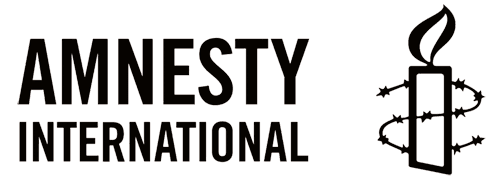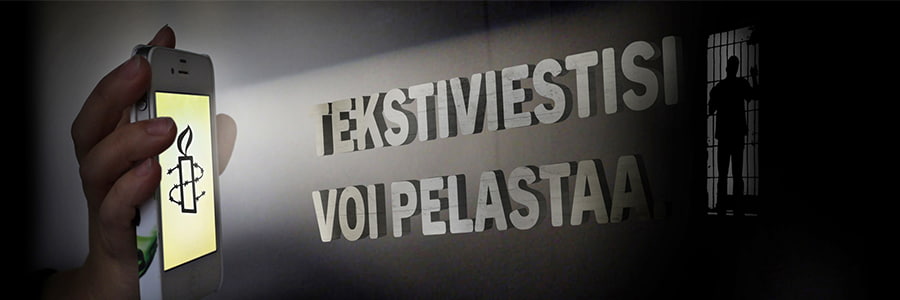On 1 November 2018, National Security Agency forces (NSA) broke into the house of Hoda Abdelmoniem (63) in Cairo, the Egyptian capital, at 1:30 am, ransacked it, and took her away blindfolded. She was subjected to an enforced disappearance for three weeks after her arrest until she was brought to the Supreme State Security Prosecution (SSSP) for investigation. She was then taken back to an undisclosed location. Her family briefly saw her again on 24 and 28 November 2018 at the SSSP office. She was subjected to an enforced disappearance again between 2 December 2018 and 14 January 2019, as authorities refused to disclose her whereabouts to relatives and lawyers.
On the day of Hoda Abdelmoniem’s arrest, on 1 November 2018, the Egyptian authorities launched a series of raids, arresting at least 31 human rights defenders and lawyers; 10 women and 21 men. The Egyptian Coordination for Rights and Freedoms (ECRF), which documents enforced disappearances and the use of the death penalty, and provides legal aid to victims of human rights violations, was particularly targeted by the crackdown. In a statement published on 1 November 2018 announcing the suspension of its human rights work, ECRF cited the situation in Egypt as incompatible with human rights work and demanded the UN Human Rights Council to intervene.
On 30 November 2020, Hoda Abdelmoinem’s family learned from other prisoners’ relatives that she was taken to the prison hospital before being transferred to an external hospital after suffering from severe pain. While her loved ones have been denied access to her medical records by prison authorities and therefore don’t have detailed information about her condition, they were informed by other prisoners’ families that one of her kidneys has failed, while the other was functioning poorly. On 1 December 2020, the interior ministry publicly claimed that she has been provided with medical care and does not suffer from serious medical conditions.
On 23 August 2021, the SSSP referred Hoda Abdelmoniem as well as human rights defender and founder of the ECRF, Ezzat Ghoniem, Aisha al-Shater and Mohamed Abu Horira, as well as 27 other defendants to trial in front of an Emergency State Security Court (ESSC). The SSSP indicted them on various charges, including membership in a terrorist group (the Muslim Brotherhood), disseminating false news about human rights abuses by security forces through a Facebook page titled “the Egyptian Coordination for Rights and Freedoms”, funding a terrorist group and possession of pamphlets to promote the terrorist group’s objectives.
On 25 October 2021, President Abdel Fattah Al-Sisi announced that he would not extend the state of emergency, in force since 2017, which allowed for the creation of ESSCs. Article 19 of the law governing the state of emergency stipulates that ongoing trials are to continue even after the state of emergency is no longer in force. In the three months preceding the decision not to renew the state of emergency, the Egyptian authorities referred at least 20 human rights defenders, activists and opposition politicians to trial before emergency courts. Among those currently on trial by ESSCs are former presidential candidate of Masr al-Qawiya party Abdelmoniem Aboulfotoh, and deputy party head Mohamed al-Kassas. On 17 November 2021, politicians Zyad el-Elaimy, Hossam Moanis and Hisham Fouad, were sentenced to between three and five years in prison following an unfair trial by an emergency court simply for criticizing Egypt’s human rights record, economic policy and living standards.
Proceedings in front of ESSCs are inherently unfair. Defendants are denied the right to appeal their convictions and sentences to a higher tribunal. Only the president retains the power to authorize, quash or commute sentences or to order a retrial. Other documented fair trial violations include the right to have adequate time and facilities for the preparation of their defence, right to communicate with counsel of their own choosing and right to a public hearing. In addition, judges at the ESSC routinely deny requests by lawyers to photocopy casefiles, which in some cases exceed 2,000 pages, instead instructing them to review them in court. Prosecutors and judges have also failed to provide copies of indictment orders to defendants and their lawyers, undermining their right to be informed of the exact nature and cause of charges against them.
Hoda Abdelmoniem volunteered as a consultant for the ECRF and had been active in documenting human rights violations including cases of enforced disappearances. She is a former member of the National Council for Human Rights and of the Egyptian Bar Association. She had been banned from travelling outside of Egypt since late 2013 without being charged with any offence. On 27 November 2020, the Council of Bars and Law Societies of Europe granted its 2020 Human Rights Award to Hoda Abdelmoneim and six other detained lawyers in Egypt.


